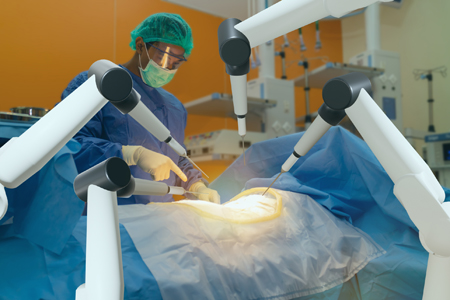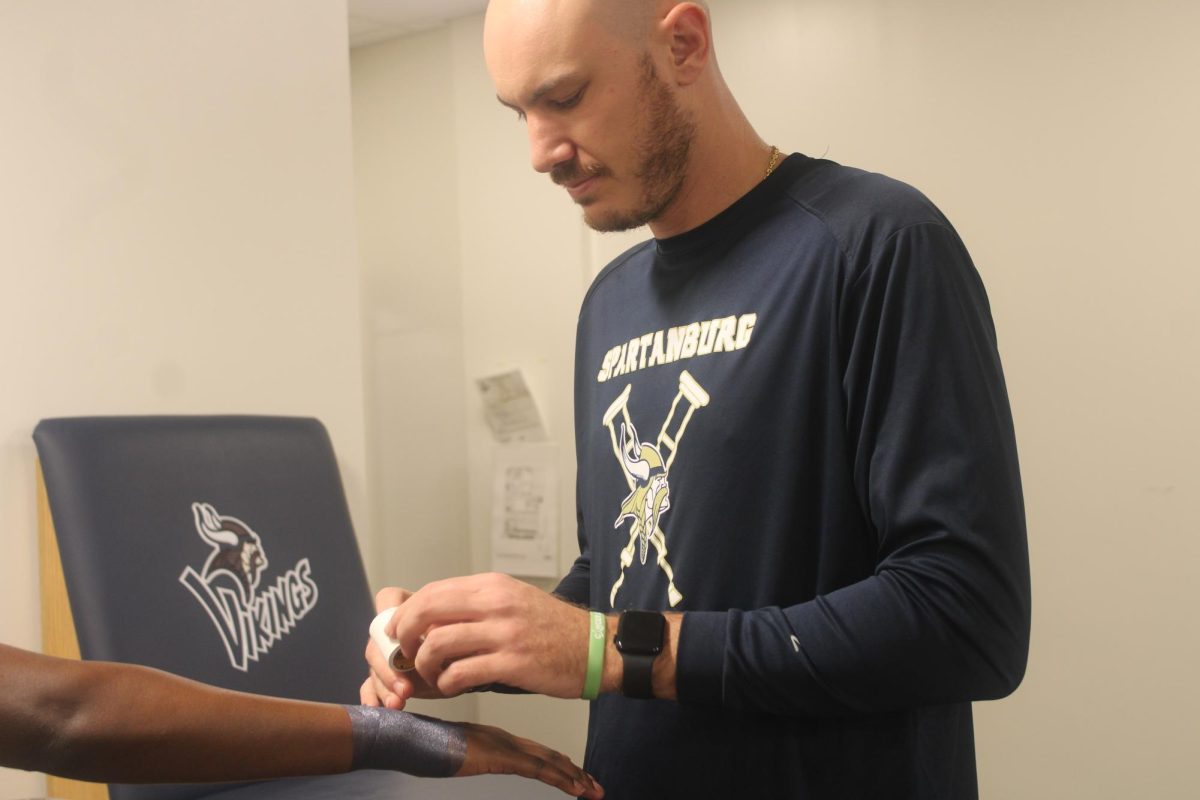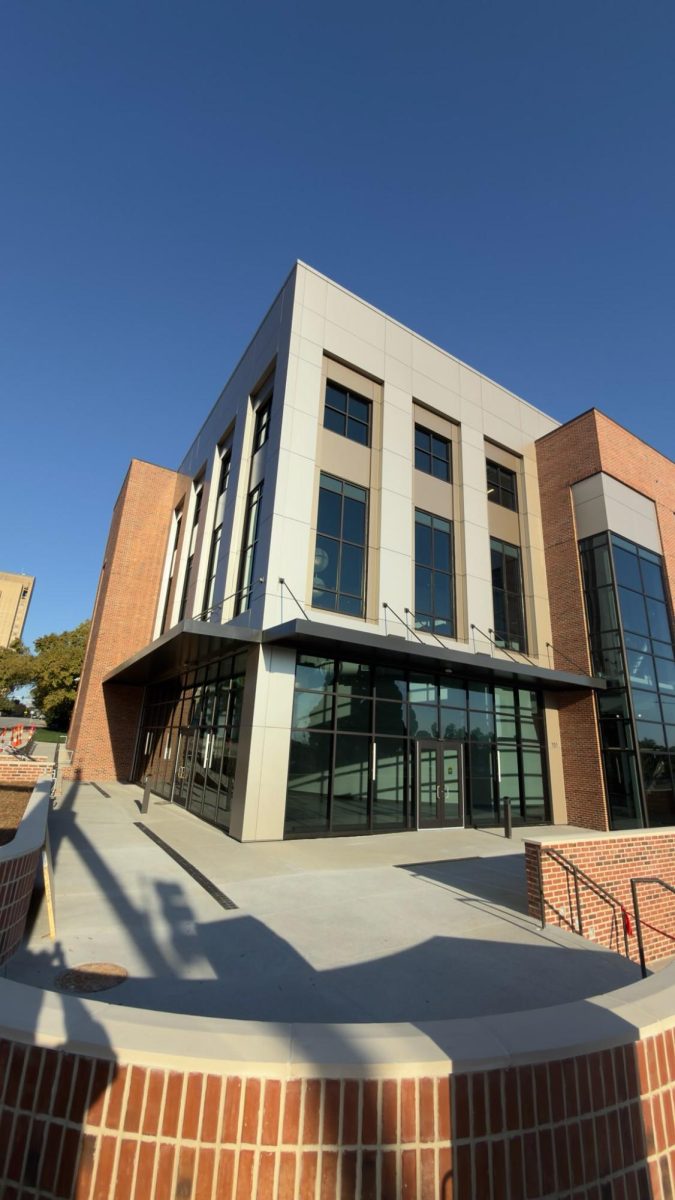
The use of artificial intelligence (AI) is rapidly growing in everyday life, with advancements each year impacting various industries, including healthcare. The integration of AI through robotics and other technologies is reshaping the healthcare landscape, both positively and negatively.
Gray Howlett (12) says she would not trust AI in healthcare because of its novelty but believes it could be helpful in some areas.
“I do not think it is ethical to use AI in healthcare because it is such a new and unknown technology. I would not trust doctors to use AI because I believe many would rely solely on it. However, AI could be useful in detecting things on scans that might be difficult for the human eye to see,” Howlett said.
AI is increasingly utilized by medical students and doctors in their training, diagnosis and treatment methods. While computers and technology have long been used to assist in diagnosis, they were never perfect. AI is now enhancing accuracy, helping doctors catch issues that might be overlooked. This can lead to more precise diagnoses and, ultimately, better treatment options and recovery paths. The use of robotics in healthcare is also on the rise. According to the National Institutes of Health, over 10 million robotic surgeries were performed in 2023. Robotics has helped make procedures less invasive, reduced blood loss and shortened recovery times and hospital stays.
Ethan Knorr (11) believes robots and AI can be beneficial if used correctly and could help drive technological growth in healthcare.
“AI robotic arms have been used in surgeries before, and I would most definitely trust a doctor who chooses to use them on me. Would I still prefer a human to perform my surgery? Yes, definitely. But if I need surgery, I’ll take whatever I can get with the insurance we have,” Knorr said. “AI could lead to faster, more accurate diagnoses and better surgeries. But if doctors become too reliant on AI, power outages could potentially knock out hospitals.”
Despite the many benefits of new technology in healthcare, some patients remain uneasy about the increasing dependence on these tools. Although AI is designed to perform accurately during surgery, errors can still occur. According to BBC, at least 14 deaths and more than 1,000 injuries have been linked to AI machines in surgery. When mistakes happen, surgeons face an ethical dilemma: how to make quick decisions to save a patient, something AI and robots are not yet equipped to handle in emergencies. This hesitance is one reason AI’s acceptance in healthcare has been slow. Still, many hospitals are shifting their perspective, aiming to use AI and robotics not to replace human surgeons but to improve safety, efficiency and effectiveness.
Matt Roberts, a history teacher at Spartanburg High School, believes people shouldn’t let AI influence how they are treated but sees its potential in many future workplaces.
“AI will continue to spread across various fields of work. It’s a tool, and like most tools, it can help people get jobs done. I don’t think anyone should be comfortable with AI being the sole decision-maker when it comes to healthcare,” Roberts said. “I know a healthcare insurance company recently made headlines for using AI to approve treatment for patients. Most people aren’t comfortable with that, and they shouldn’t be. The technology will improve over time and become so commonplace that we’ll use it without even thinking about it.”








